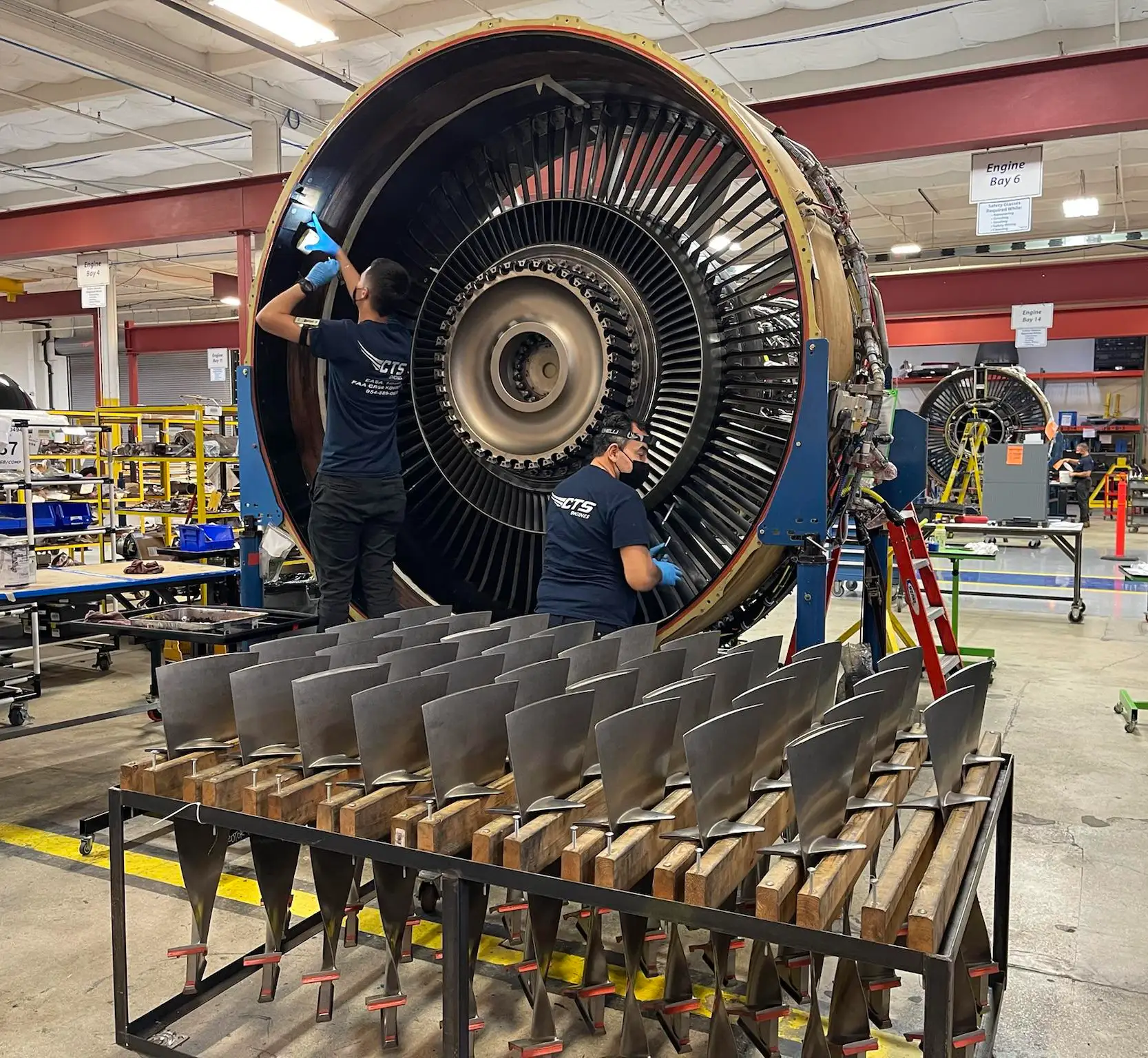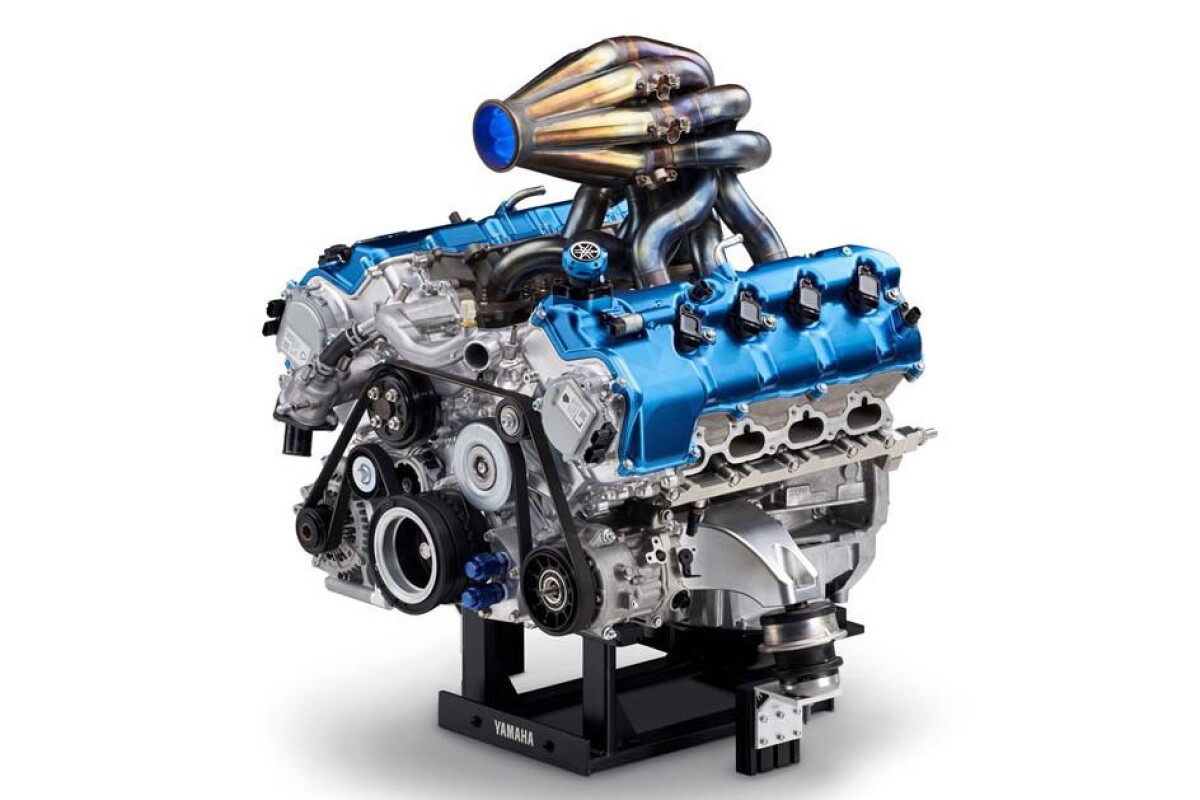Improve Your Fleet with Engines For Africa's Choice
Improve Your Fleet with Engines For Africa's Choice
Blog Article
Explore a Wide Variety of Engines for Every Lorry and Objective
The auto landscape is progressively complex, with a diverse range of engine kinds designed to satisfy specific performance and performance demands throughout numerous lorry groups. Furthermore, sturdy engines offer the needs of job lorries, while eco-friendly choices are getting traction in the quest of sustainable transport.
Kinds Of Automotive Engines
Automotive engines can be classified into a number of unique types, each developed to satisfy details efficiency and performance demands. The most common categories include internal combustion engines, electrical engines, and hybrid systems.

Electric engines, on the other hand, operate on electric power kept in batteries, offering immediate torque and absolutely no discharges. These engines are becoming significantly preferred because of developments in battery technology and the growing focus on sustainability.
Crossbreed systems incorporate both internal combustion and electric engines, enabling cars to maximize fuel efficiency and lower emissions by effortlessly switching between source of power. Each engine kind offers its drawbacks and advantages, affecting factors such as lorry style, meant use, and market demand. When selecting the ideal engine for their details demands., comprehending these distinctions is crucial for consumers and manufacturers alike.
Performance Engines for Sports Cars
Performance engines for sporting activities cars and trucks are specifically engineered to provide enhanced dexterity, rate, and power, setting them besides common vehicle engines. These engines frequently utilize sophisticated technologies such as turbocharging, supercharging, and variable shutoff timing to optimize efficiency and responsiveness.
Usually, performance engines are developed with higher compression proportions, which enable for better power removal from fuel. This results in remarkable horsepower and torque numbers, making it possible for rapid acceleration and greater full throttle. The light-weight materials used in these engines, such as aluminum and carbon fiber, add to decreased general lorry weight, enhancing handling and maneuverability.
Engine arrangements like V6, V8, and also hybrid systems prevail in performance sporting activities cars and trucks, each offering unique benefits in terms of power delivery and driving dynamics. The adjusting of these engines is also crucial; many suppliers maximize the engine management systems to provide an exciting driving experience, usually including sport modes that adjust throttle action and equipment shifts.
Efficient Engines for Daily Commuters
In the world of everyday commuting, efficient engines play an essential duty in optimizing fuel economic situation and reducing discharges while offering reliable performance. As metropolitan populations grow and environmental concerns magnify, the need for cars geared up with efficient powertrains has surged.
Modern engines created for day-to-day travelers typically include technologies such as turbocharging, straight gas injection, and crossbreed systems. Turbocharging enhances engine effectiveness forcibly even more air right into the burning chamber, enabling for smaller sized, lighter engines that do not endanger power output. Direct gas injection boosts fuel atomization, leading to far better combustion and raised efficiency.
Hybrid engines, incorporating internal burning with electrical power, further augment gas economic situation, particularly in stop-and-go web traffic, where traditional engines can deal with inefficiencies. Electric motors help throughout acceleration and can run individually at reduced speeds, decreasing overall fuel intake.
Additionally, improvements in engine monitoring systems and lightweight materials contribute considerably to efficient engine layout. By focusing on performance, toughness, and ecological sustainability, makers proceed to provide engines that not just fulfill the needs of day-to-day commuting however additionally straighten with worldwide efforts to reduce carbon footprints.
Heavy-Duty Engines for Work Autos
Sturdy engines Read Full Article for job vehicles are regularly engineered to supply outstanding torque and reliability under requiring conditions. These engines are designed to perform in settings where traditional engines may fail, such as building sites, logging procedures, and farming settings. The main emphasis of sturdy engines is their ability to produce high degrees of power while preserving longevity over extended durations of operation.
Generally, sturdy engines use sophisticated products and robust building and construction methods to withstand the roughness of hefty workloads. Attributes such as enhanced cyndrical tube blocks, boosted air conditioning systems, and progressed gas injection innovations add to their performance. These engines usually operate at reduced RPMs, which aids to optimize gas effectiveness while supplying the needed power for lugging and hauling.
In enhancement to mechanical robustness, heavy-duty engines are frequently geared up with sophisticated electronic control units (ECUs) that handle efficiency, exhausts, and diagnostics. This integration permits much better monitoring and maintenance, making sure that job cars remain effective and functional.
Ultimately, durable engines are a necessary element in the performance of numerous sectors, giving the essential power and dependability to deal with the toughest of jobs.
Eco-Friendly Engine Options
The expanding focus on sustainability has actually caused the development of environment-friendly engine choices that prioritize reduced discharges and enhanced gas efficiency. These engines are made to reduce the ecological effect of automobiles while still providing the performance and reliability expected navigate here by customers.
Among the most significant green alternatives are hybrid and electric engines. Hybrid engines combine typical internal combustion engines with electric propulsion, permitting minimized gas intake and reduced greenhouse gas exhausts. Electric engines, on the other hand, operate entirely on battery power, producing zero tailpipe exhausts and adding to cleaner air top quality.
An additional encouraging advancement is the improvement of biofuel engines, which use renewable sources, such as plant materials, to power vehicles (Engines For Africa). By utilizing biofuels, these engines can lower reliance on nonrenewable check these guys out fuel sources and lower overall carbon impacts

As the vehicle market develops, environmentally friendly engine choices will play a crucial duty in driving the shift towards more lasting transportation solutions.
Conclusion
From high-performance engines that enhance sporting activities vehicle abilities to efficient versions prioritizing fuel economic climate for daily travelers, each kind serves a certain function. Sturdy engines cater to durable work automobiles, while environmentally friendly choices, such as electric and biofuel engines, advertise sustainable transport.

Report this page